|
Images and videos - All rights reserved by Sony Pictures (TriStar Pictures). Jeridoo Universe reviews one of the top films coming out of the TIFF (Toronto International Film Festival) this last week of September 12, 2022: The Woman King. We give you a “CliffNotes®”-styled concise review, consolidating and condensing over 20 film critic articles, so you can see what makes this film special and worthy of watching. In this part 2, we give an overview of the cinematography, music, costuming, and cast. The Cinematography, Music & Design Polly Morgan, the cinematographer, immerses viewers in radiant sunsets, breathtaking landscapes, and battles showcasing the ingenuity of these women fighting much larger male opponents with a variety of warfare, strategic moves, and weapons to overcome them. The scenes take place from dawn to dusk, with detailed views of the beauty, culture, religion, and wealth of the kingdom, creating a phenomenal viewing experience. Babalwa Mtshiselwa (makeup and prosthetics), Gersha Phillips (costume design), and Louisa Anthony (hairstyling design) and their operation teams (including African artists) did a great job to put an authentic, beautiful and fresh styling to the film. One critic noted that careful attention was given to enhancing visually the nuances of the woman leader, Agojie, from fierce commanding warrior to in-command but vulnerable female leader, just by altering her hairstyles in scenes. Some critics hail Terence Blanchard’s thunder-rolling war score to be worthy of an Oscar® nomination. These elements combined together make a beautiful, spirited, vibrant world for us to explore as viewers. The Cast The cast ensembled represents all classes of Dahomey society, from working-class to middle-class to upper-class to royalty, hence able to form some resonance to different stations in life today, as well, among viewers. The humanity displayed defies stereotypes and shallowness. The actors play with raw emotion, virtuoso physical movement, and full expression. The character of each speaking actor adds an aspect to the storytelling. Oscar ® winner American actress and producer, Viola Davis plays the rawly intense, but empathetic, self-conflicted General Nanisca, the bold warrior leading the Agojie, an all-female military unit. In an interview, she called this film her “magnum opus”, pushing herself to her emotional and physical limits with a nuanced use of her voice, face, and body. She got her Oscar® for Best Supporting Actress with Denzel Washington in the 2016 film, Fences. The actress is more recently known for her character Amanda Waller in the DC Extended Universe (Black Adam, The Suicide Squad, Peacemaker). Some of her other films include Ma Rainey’s Black Bottom (with the late Chadwick Boseman of Black Panther fame), Get On Up, and Lila & Eve. In her first feature film debut, South African-born actress Thuso Mbedu plays headstrong Nawi, the rising Agojie warrior with a secret connection to Nanisca. Her prior work was in series, including The Underground Railroad, Saints & Sinners, and Generations: The Legacy. The actress presents the character with charisma and physically creates an enjoyable, unique fighting style. A British actress of Jamaican descent, Lashana Lynch plays Izogie, the feisty, daring veteran warrior and second-in-command to General Nanisca. She is known more recently as Maria Rambeau in the Marvel Cinematic Universe (Captain Marvel, Doctor Strange in the Multiverse) as well as Matilda and the James Bond film, No Time to Die. Ugandan-British actress, Sheila Atim, plays Amenza, the strong but caring warrior, the interpreter of dreams, and the best friend to General Nanisca. The actress is known for films and series including Bruised (Halle Berry’s directorial debut), The Underground Railroad, Doctor Strange & The Multiverse of Madness, as well as Disney’s 2022 Pinocchio. She also has performed in a number of Shakespeare productions at the Shakespeare’s Globe and the Bush Theatre. A British actor and producer of Nigerian descent, John Boyega plays King Ghezo, the King of Dahomey. He is known for the sci-fi comedy film, Attack the Block and the Star Wars trilogy (The Force Awakens, The Last Jedi, and The Rise of Skywalker). American actress Jayme Lawson plays Shante, his opinionated trophy wife, who questions the radical influence Nanisca has on her husband. The actress is known for the films, Farewell Amor and the recently released film, The Batman. English actor Hero Fiennes Tiffen plays Santo Ferreira, a Brazilian aristocrat and white slave trader who tries to convince King Ghezo to profit from the slave trade by direct sales to him. The actor is known for his work on the portfolio of films based on the novel franchise, After, by author Anna Todd. A leading face in Nollywood, Nigerian actor Jimmy Odukoya plays the enemy Oyo Empire leader, Oba Ade. This is his Hollywood debut. He has been nominated for numerous acting awards and is known for his work in films, Mamba's Diamond, Team Six, The Bosslady and The Wait. English actor Jordan Bolger plays the upper-class Malik, whose mother was from Dahomey and father from Portugal. Raised outside of Africa, he comes to see the ancestral home and culture of his mother for the first time. Summary of The Film Critic Reviews Critics have used keywords describing this film as “athletic”, “bombastic”, “breathtaking”, “creative”, “emotional”, “enduring”, “enrapturing”, “exciting”, “fast”, “female-empowering”, “informative”, “inspiring”, “invigorating”, “love of life, freedom, Black people and culture”, “lush”, “monumental”, “muscular”, “powerful”, “nuanced”, “radical”, “rich”, “rousing”, “spectacle”, “spirited”, “spiritually buoyant”, “stand-out”, “stirring”, “thrilling”, “visually resplendent”, “well-choreographed”, and “well-crafted”. On the critical side, some have felt it was cluttered and uneven, bogged down by an extraneous romantic subplot between Nawi and a half-Dahomey/half-Portuguese slaver (Jordan Bolger) that seems accelerated and forced, others critiqued the “made-for-Disney” like PG-13 rating with tamer action sequences swords don’t connect and the wounds from being injured or killed look like bright red blots of ink rather than an injury from war. And then there is this controversy as noted before. African reviewers noted frustration that African viewers will not be able to identify and specific region where the accents can be located by using a Wakanda-style approach, which deprives it of some authenticity. Story Plot The Dahomey free a group of female captives and General Nanisca invites them to forsake marriage and motherhood to be trained in the warrior ways of the Agojie. They face an enemy in the Oyo Empire, who are deeply involved in the sale of captives to slave traders in exchange for arms. Nanisca has assembled a new group of women, including the young, headstrong Nawi, whom shares an important connection revealed during the course of the film. Together they fight neighboring tribes, the French and all who threaten to threaten their freedom and honor. But the King of Dahomey is seduced by a Brazilian slave trader that compromises the ideals of the Agojie and the General is faced with the dilemma of obedience to her King in supporting the slave trade.or paving a new path forward with determination and the women by her side. Conclusion In summary, this epic historically based film is primarily a story of the sisterhood, with bonds forged in the fires of celebration and ceremony, wounds and vulnerabilities, healing and strength. We were going to include a detailed plot and character analysis in this blog but have decided not to because we want each of you reading this to see your beautiful film and draw your own insights and conclusions. Comment below after you see the film. After its theatrical run, we will do a part 3 retrospective with a deep dive into the plot and character analysis. AuthorJames Kellogg is a contributing writer to the Jeridoo blog and is an actor, producer, writer and concept artist for independent films and television.
0 Comments
Images and videos - All rights reserved by Sony Pictures (TriStar Pictures). Jeridoo Universe reviews one of the top films coming out of the TIFF (Toronto International Film Festival) this last week of September 12, 2022: The Woman King. We give you a “CliffNotes®”-styled concise review, consolidating and condensing over 20 critic reviews, so you can see what makes this film special and worthy of watching.
The Woman King world premiered on September 9, 2022, at the Toronto International Film Festival (TIFF) with a cinema opening on September 16. With a box office opening of $18M in the first weekend, it is being critically acclaimed. While traditional “old-school” beats form the base of this historical action film, fresh elements of unique storytelling percolate to the top of this savory broth, making it a fresh, sweeping action epic. We take a journey into a lesser-known time in West African history between the 17th and 19th centuries, in the thriving, vibrant kingdom of Dahomey, in an area now known as Benin. Dahomey was one of the strongest nations in Africa. How It Is Groundbreaking A story of defiance and resiliency, this film invokes the Hollywood epics of an era of past times. It shines brilliantly in the pairing of dynamic action battles with strong emotional and intimate interaction between the characters. They are beautiful, complex and flawed, but bonded together. It is the second number one domestic (U.S.) box office movie ever directed by a Black woman, Gina Prince-Blythewood, with an almost entire Black female cast. Aside from African Americans, performers from South Africa and West Africa appeared in the film in cameos, as extras, or in speaking roles, representing a range of ethnicities and personalities. In one of her interviews, the director said she “wanted to build an ensemble that represented the incredible diversity of our diaspora.” How It Is Controversial Some criticize and even have called for boycotts of the film in that the director removed certain sordid historical elements and glorified the Agojie and the scriptwriter is white. Cathy Schulman, one of the film producers, disagrees with these critics and felt that they did deal with these controversial elements and felt the story actually pointed attention to the fact that slavery, driven by the pursuit of material wealth at the expense of humans, created all kinds of internal conflict among parties. She feels that this gives a different perception from the side of the African continent at the point of enslavement, not just after their arrival in the Americas. Synopsis Inspired by true events, hence part-history and part-fictional “alternative” history, this film sets itself in 1823 during the reign of King Ghezo and focuses on the story of the fierce, 6000+ all-female Agojie warriors, who protect the kingdom of Dahomey. In The Woman King, Dahomey is in a taut rivalry with the Oyo Empire, not only related to them feeling they are overpaying tribute to the Oyo in crops but also because the Oyo sell captives to slave dealers in exchange for European armaments. Dahomey is given an ultimatum by the Oyo after rescuing a band of captives whom they are preparing to be great warriors: hand over the captive women to be sold into slavery or go to war. This story is about general Nanisca and the rescued women who become Agojie warriors whom she trains to forsake marriage and motherhood. These women are the bravest of the continent but complex forces of materialism and evil by mostly men but some women, based on the gravitas of history, swirl around them. Themes of the Film This film traces the growth paths of these two women in tandem, the warrior formed by her horrific past and the young protégé forging her own new way forward, rejecting the path chosen by her elders, which would be to bend to her husband's desire. Throughout the film, what the two see differently as strengths and shortcomings are dissected. The film addresses the dilemma of one group's freedom at the expense of another's captivity. Themes include abuse, family, feminism, love, loss, and overcoming internal conflicts to give one another strength to face a common adversary. The Director Director Gina Prince-Bythewood is also an accomplished writer and is known for films and TV that showcase the black experience, including Beyond the Lights, Disappearing Acts, Love & Basketball, The Old Guard, and The Secret Lives of Bees. She directed this film with care and beauty. The Director effectively blends action with emotion and provides a precision of pacing that draws the viewer into the story. She said that she was inspired by older historical epics including Braveheart, Gladiator, and The Last of the Mohicans. The Writer Dana Stevens is known as a screenwriter for the TV show, Reckless, and films including City of Angels, Fatherhood, For Love of the Game, Life or Something Like It, and Safe Haven. Actress Maria Bella has a “Story by” credit. The Producers The producers include Cathy Schulman via Welle Entertainment, Viola Davis and her husband, Julius Tennon via their company JuVee Productions, and Mario Bello via Jack Blue. In the part two blog article on this film, we will take a deep dive into the story and characters, as well as share our review on the cinematography, music, design, and cast of actors. AuthorJames Kellogg is a contributing writer to the Jeridoo blog and is an actor, producer, writer and concept artist for independent films and television. |
AuthorJeridoo Productions' own Blog about our Productions, Projects and Film- and Movie-related News. Archives
October 2022
|
JERIDOO UNIVERSE AG |
MOVIE PROJECTS |
MEDIA |
© Copyright 2018 Jeridoo Universe AG

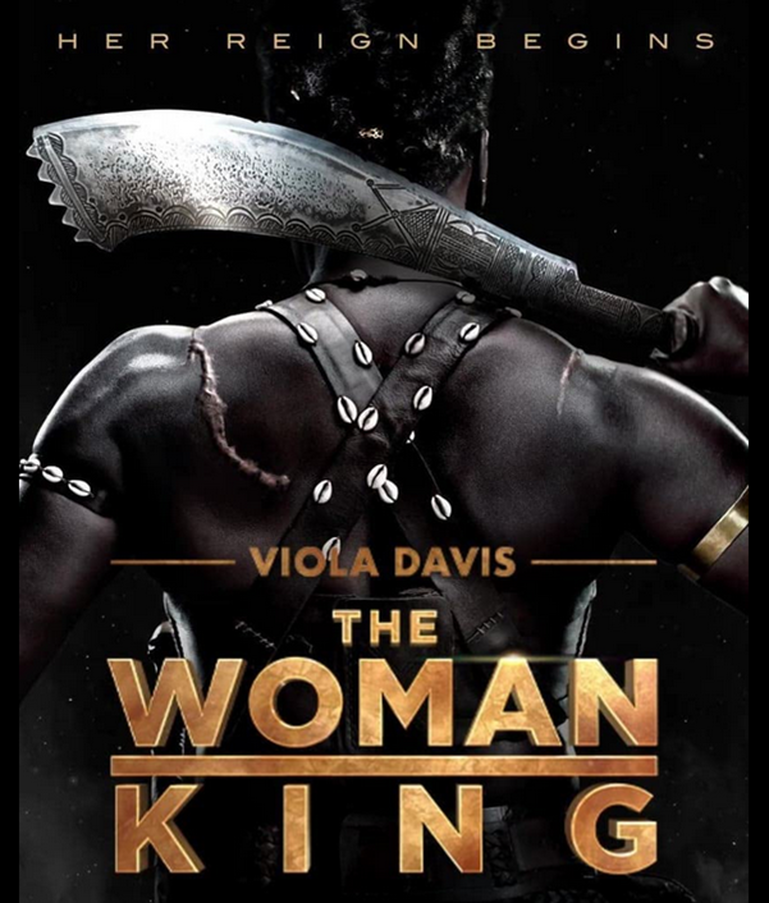
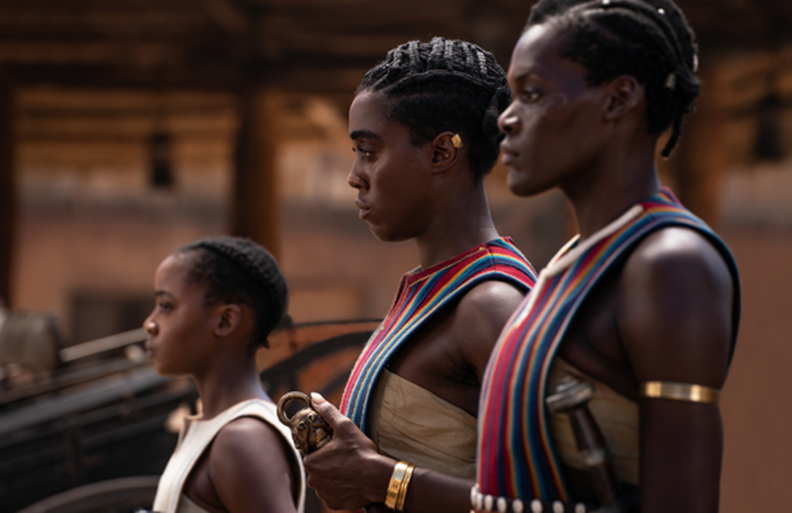
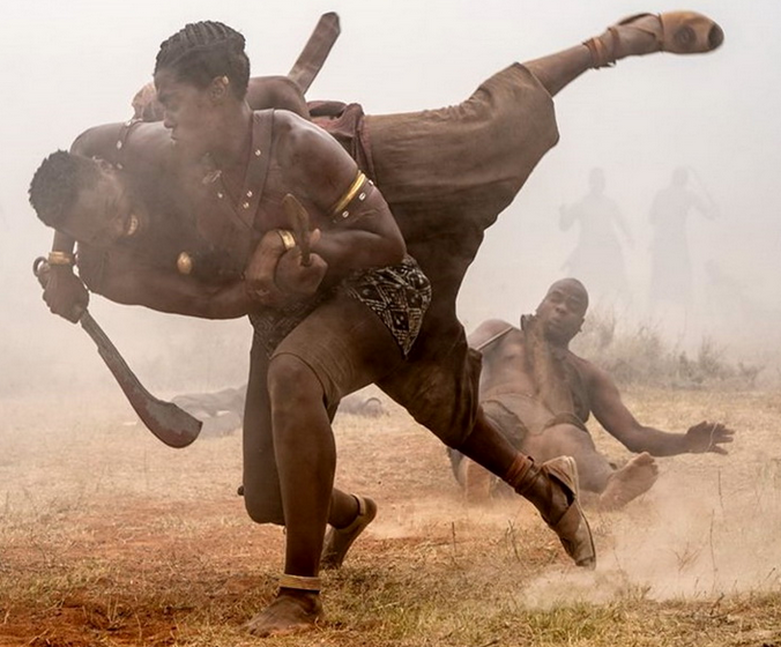
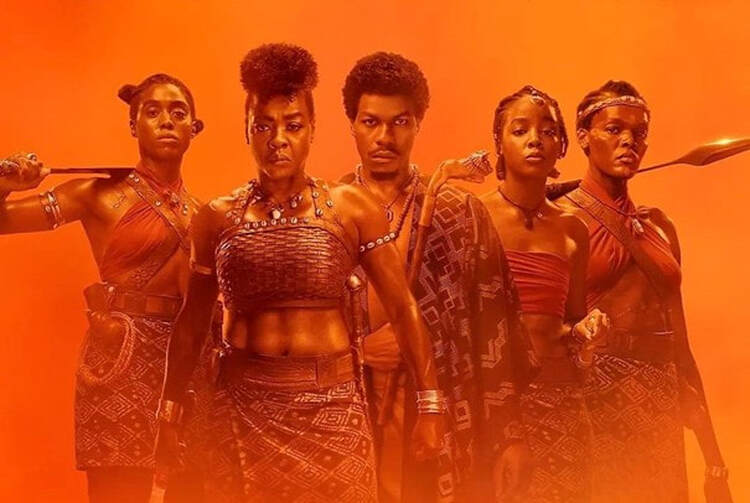
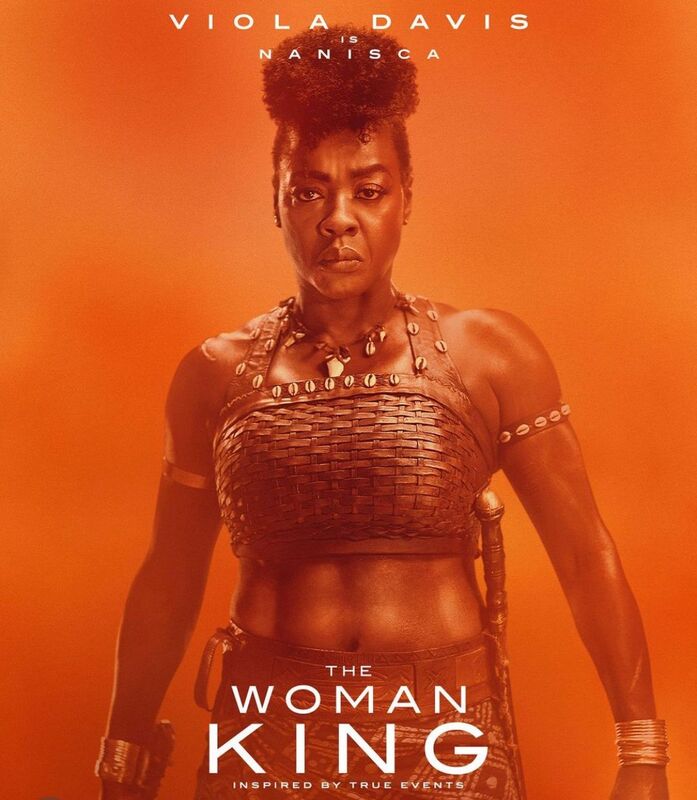
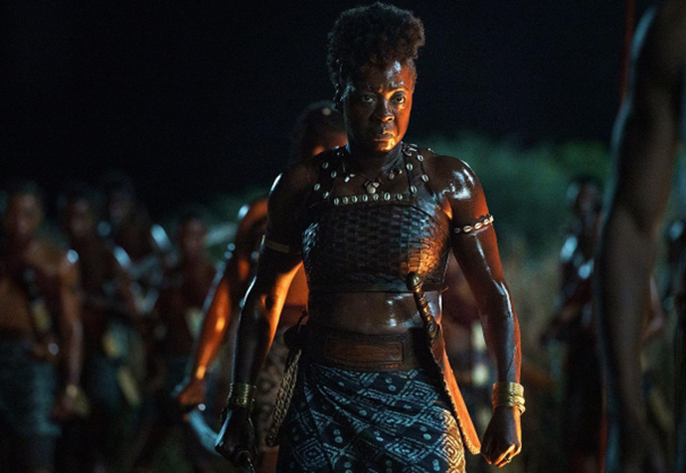
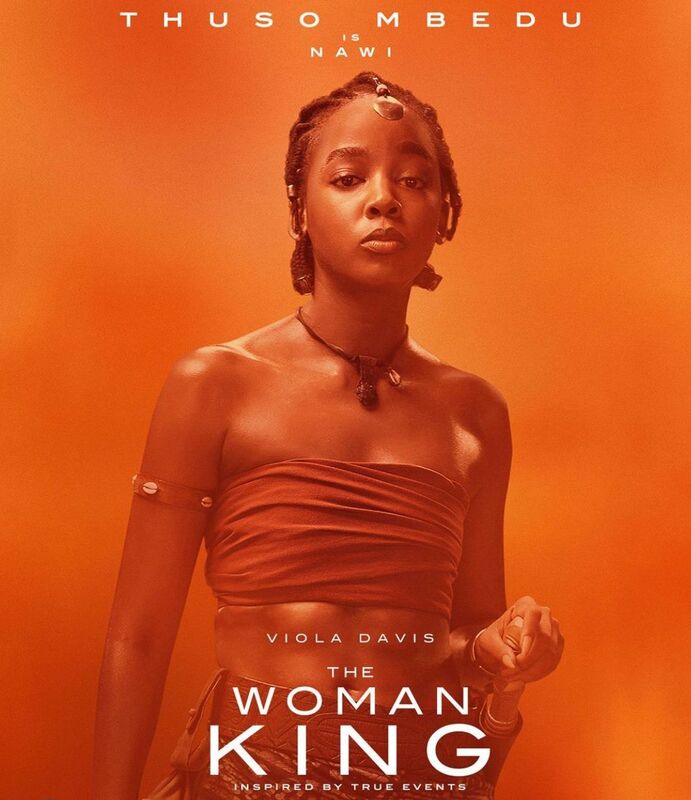
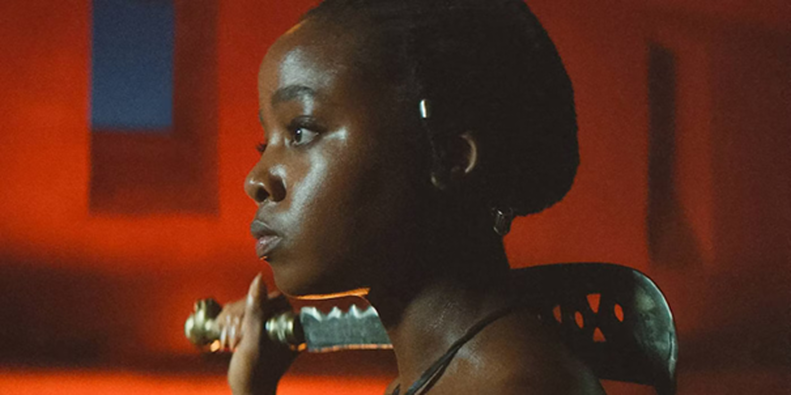
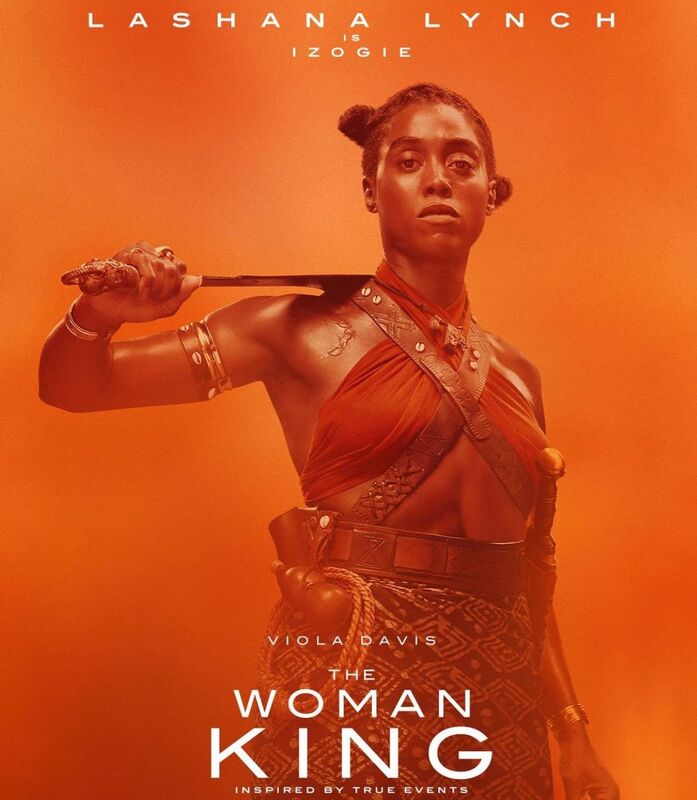
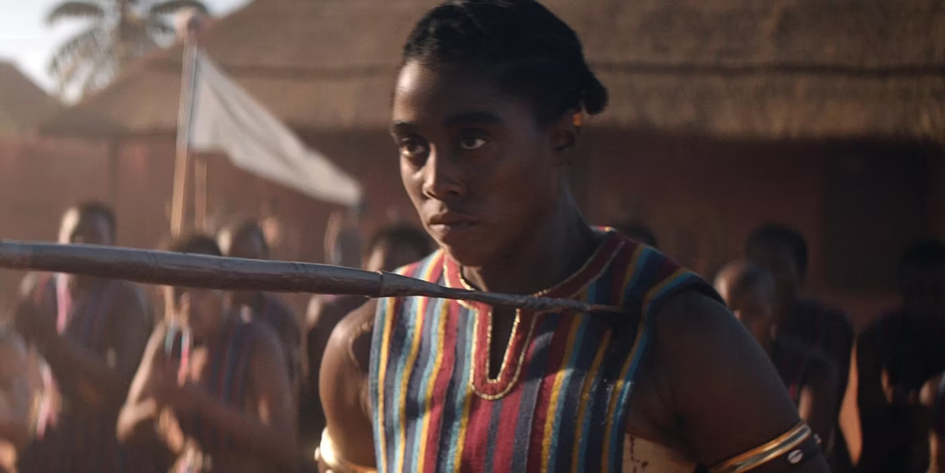
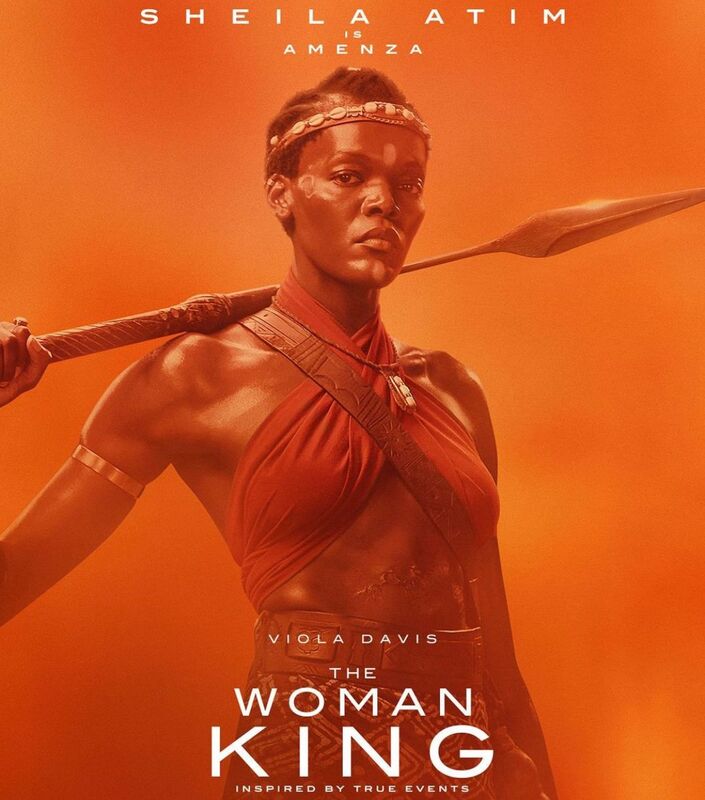
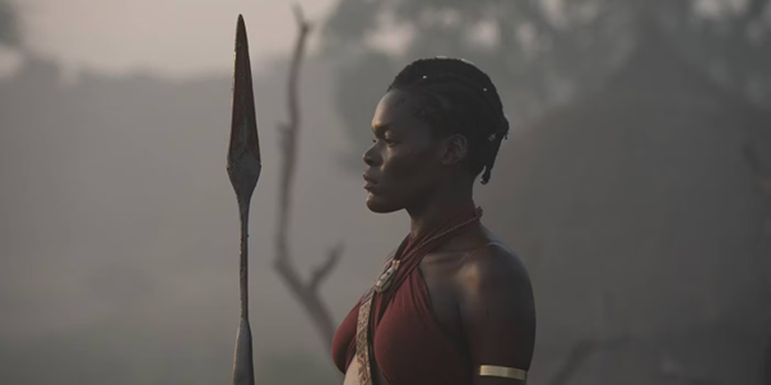
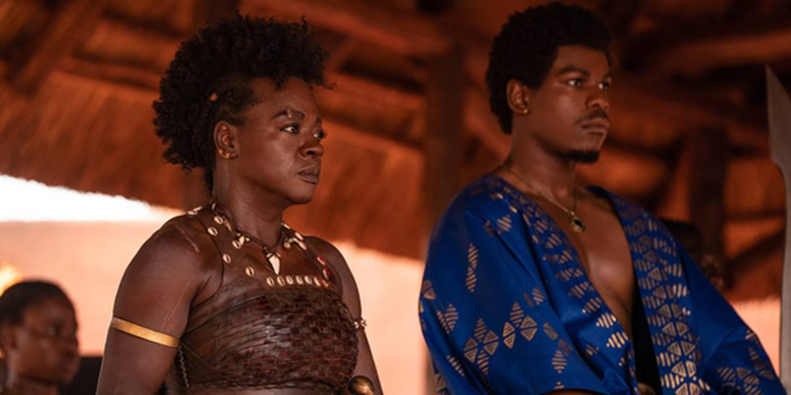
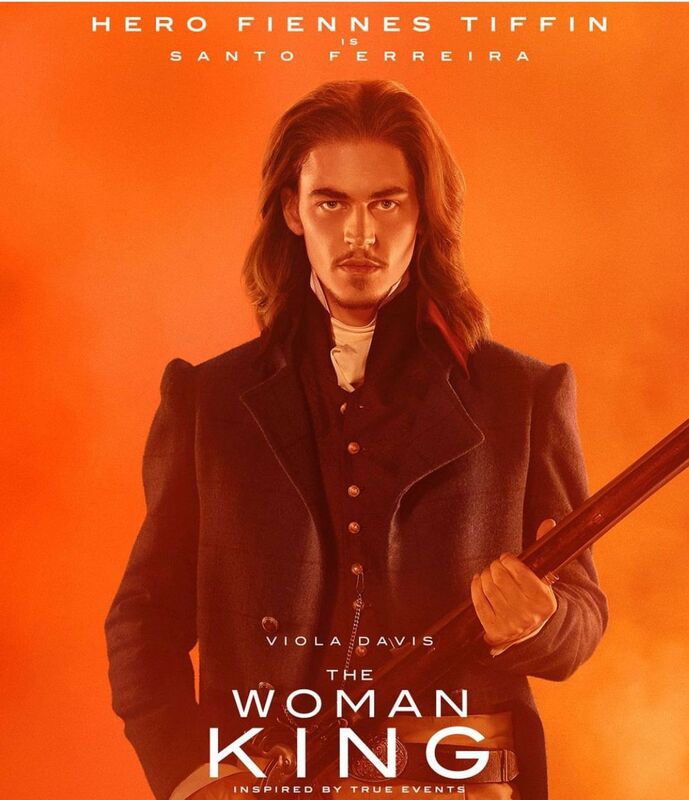
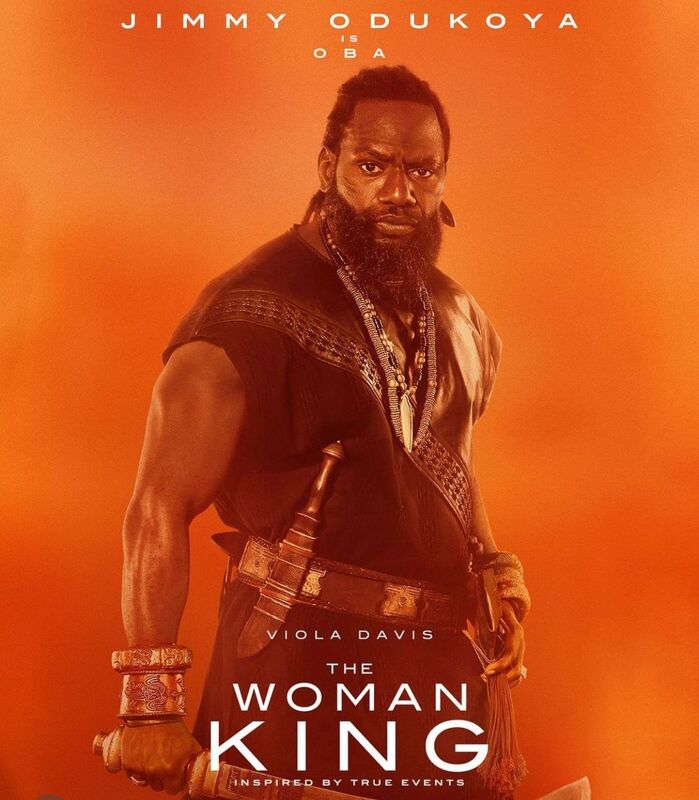
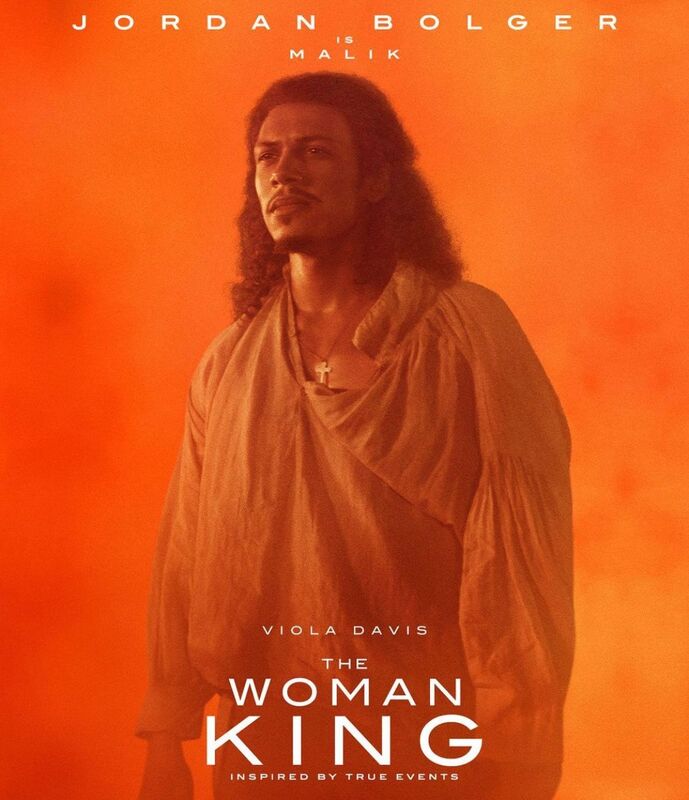
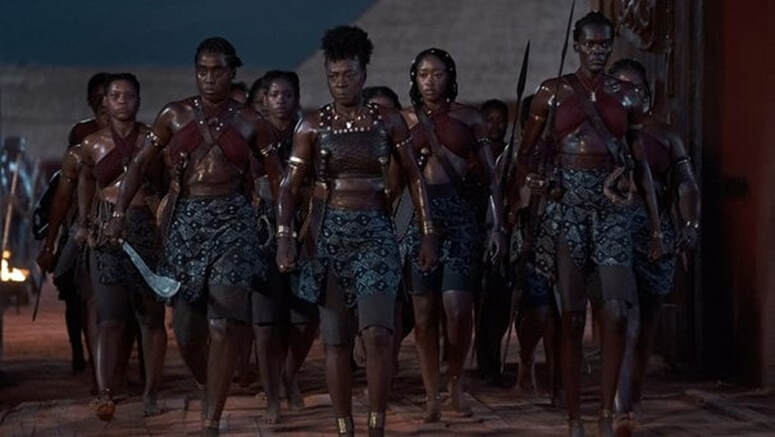

 RSS Feed
RSS Feed